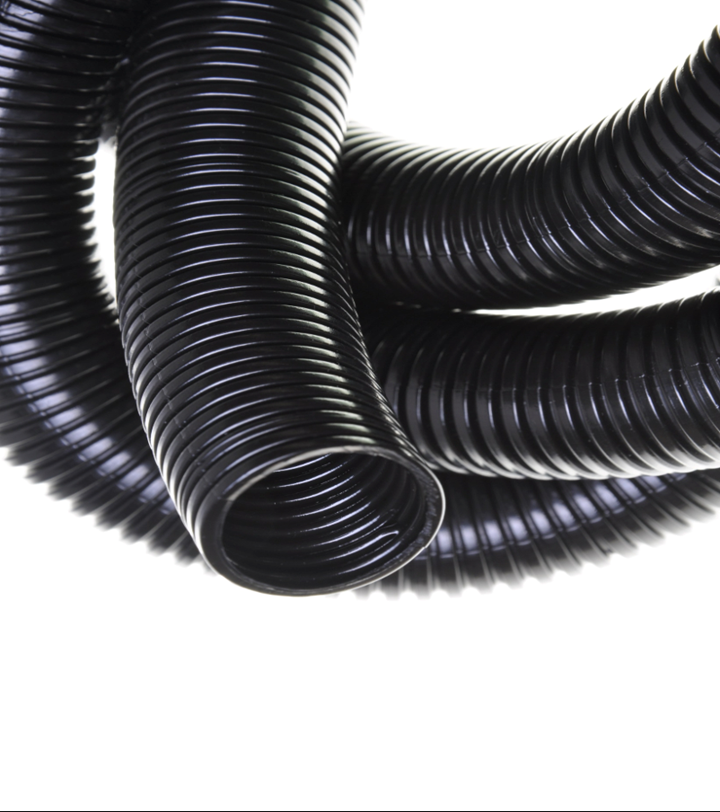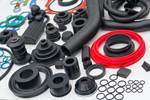Graphene Nanotubes for TPU Hoses
OCSiAl’s graphene nanotubes shown to prevent static electricity buildup in TPU hoses used in flour milling, pharmaceutical, wood processing industries.

The latest advance from , the world’s largest manufacturer of graphene nanotubes is the successful application of these nanotubes in TPU hoses where they demonstrate a combination of electrical conductivity, high flexibility, and good abrasion resistant. Cost-efficient, durable TPU hoses reinforced with graphene nanotubes are now being used in the flour-milling, pharmaceutical, and wood processing industries. Stable, permanent anti-static properties combined with high performance allow such hoses to meet strict industrial requirements.
Based on their reportedly excellent performance, these industrial TPU hoses can be widely used in pneumatic and aspiration systems for pumping or transporting materials with high abrasive properties, including abrasive powders, sawdust, chopped paper, construction waste, petroleum products, and crushed or granular materials. Said Dr. Christian Maus, development and support leader for thermoplastics, OCSiAl Group, “Replacement of a standard compound with TPU modified with graphene nanotubes results in stable, homogeneous conductivity of the final hoses, without compromising their strength or flexibility. By adding only 0.4–0.5 wt% of graphene nanotubes, our clients are able to obtain thermoplastic polyurethane with resistance of the order of 106 ohm/sq, allowing the hoses to meet the typical requirements of industrial norms related to electrostatic risks. Additionally, graphene nanotubes’ low working dosages make it possible to maintain the abrasion and chemical resistance, flexibility, and non-marking properties of TPU.”
Related Content
-
Calcium Carbonate From Carbon Capture for Brighter Plastics and Greener Steel
CarbonFree is converting steel slag and blast furnace exhaust into an important plastic compounding additive.
-
Additives Boast Sustainability Without Sacrificing Performance
Sustainability continues to dominate new additives technology, but upping performance is also evident. Most of the new additives have been targeted to commodity resins and particularly polyolefins.
-
Compatibilizer for Nylon/ABS Alloys
CAI Performance Additives’ ST-AN3230 has shown to improve both compatibility and performance of nylon/ABS alloys.




